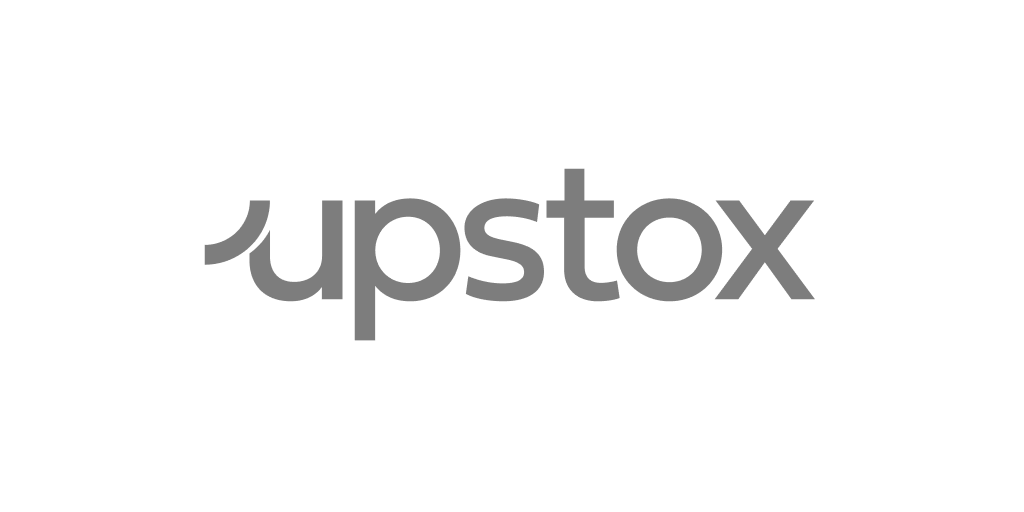A trading account is similar to a traditional bank account. The only difference is that this account holds your financial securities like bonds, shares etc. And, you can conduct direct transactions in securities via a trading account. It is used to place buy or sell orders in the stock market, and investors can open trading accounts with their brokers to perform trades. Let’s run through a detailed guide on what is a trading account before understanding its types.
Key Points
- A trading account is similar to a traditional bank account. The only difference is that this account holds your financial securities like bonds, shares etc and that you can conduct direct transactions through a trading account.
- After you have chosen a broker, you need to fill the KYC form for opening the account.
- In a Margin Account, the client can borrow funds from their broker for trading.
How to Open a Trading Account?
The following steps explain how to open a trading account -
- First, you need to find a broker. Some research will be required because a good broker will pave your way to success. There are two kinds of brokers- full-service and discount brokers. A full-service broker provides services like tax and retirement planning along with trading. Discount brokers are the ones who provide trading services at minimal cost, but they don’t provide any additional facilities.
- Remember to compare the brokerage rates. Every broker charges some commision for every trade and it varies from broker to broker.
- After you have chosen a broker, you need to fill the KYC form for opening the account. It can be offline or online depending on the type of brokerage service you have chosen.
- The KYC application needs to be submitted along with identity and address proofs like, PAN card, Passport, Voter ID, etc.
- After the application is verified, you will be provided with your account details.
Different types of trading accounts
Trading accounts came in multiple varieties, tailored to the type of usage you wish to indulge in.
- With a Cash Account, the client must pay the full amount of all the securities purchased. All the money and securities in a cash account belong to the client and they cannot borrow funds from their brokers for the transactions.
- In a Margin Account, the client can borrow funds from their broker for trading. This gives them an edge as they can now buy more securities than they could with sole funding. A certain level of risk is involved in this, since if the securities you bought lose value, your broker will call you to submit the securities or cash immediately to the account. They can also sell your securities whenever they wish to cover up for the loss.
- Equity and Derivatives Trading - A derivative is a type of contract whose value depends upon some other agreed upon security or asset. This type of account is opened with the trading member of the stock exchange.
- Commodity Trading Account - The commodity market is a place in which trading occurs in primary economic products instead of manufactured products. Hence the trading account which helps in buying/selling of such primary economic products (like agricultural produce, gold, oil, etc.) is called a commodity trading account.
- Share Trading Account facilitates the buying/selling of shares. No other trade can be performed through this account - although there are multiple types of share trades you can execute.
- Option Account - An option is a contract that gives the seller/buyer an option to sell/buy a security at a specific time and rate. This account can be opened only if the broker is satisfied that the net worth of the investor is high.
Wrapping Up
- A trading account is like a normal bank account but is used to buy/sell financial securities.
- It is important to find the right broker with whom one can open a trading account.
- Different types of trading accounts are available according to the needs of the investor.
